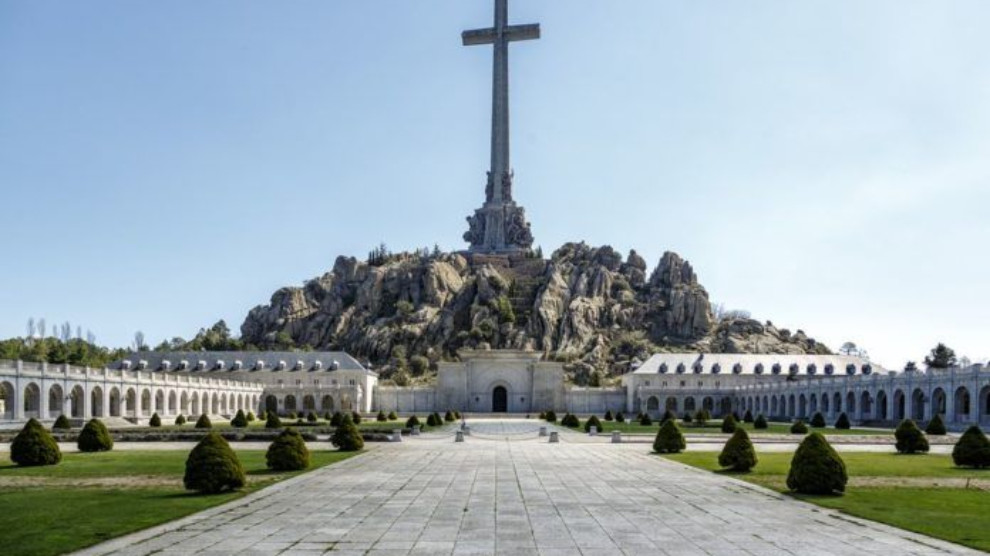The ghost of dictator Franco still haunting Spanish society
The Spanish Supreme Court supported the Government's decision to transfer the remains of the dictator Francisco Franco.
The Spanish Supreme Court supported the Government's decision to transfer the remains of the dictator Francisco Franco.

After an hour of deliberation, the seven members of the Spanish Supreme Court decided unanimously to endorse the decision of the Government, headed by socialist Pedro Sánchez, to proceed with the transfer of the remains of the dictator Francisco Franco.
In the judgment, which will be made public in full in the coming days, the highest Spanish court puts the reasons of public interest before the family's right, while specifying in which place their remains should be buried: the cemetery near the Palace of the Pardo, where he lived from 1939 until his death, in 1975, and where several of his ministers and military high command are also buried.
The transfer of the remains of the dictator has raised a strong political and social controversy in a society marked by the sort of “amnesia" hitting the Francoist right, as well as the Spanish Workers Socialist Party and the Communist Party, during the so-called democratic transition.
In the transition all accepted the Monarchy, which dictator Franco named as his heiress, and accepted not to talk about the past or ask for responsibility for the crimes of a 39-year dictatorship. In return to this “amnesia” pace, the Army and Franco's political sectors would facilitate and, at the same time, be part of the democratic changes .
The Supreme Court decision has received favorable reactions from both the Government and the left and democratic sectors, as well as from the Basque and Catalan parties, and the rejection of the three groups of the right, Popular Party, Citizens and Vox, which even today refuse to condemn Franco and his crimes. So the resolution of the Supreme has also entered fully into the tough electoral campaign prior to the general elections of November 10.
The judicial decision has also been commented by the legal representatives of Franco's family, who has announced an appeal before the Constitutional Court, the European Court of Human Rights and, if necessary, before the UN Commission on Human Rights.
The strategy of administratively delaying as much as possible the execution of the Spanish Supreme Court ruling is already using legal tricks such as the resolution of a dark judge of instruction in Madrid, openly affiliated with the Francoist extreme right, which has issued a suspension of the permit of works (granted by the corresponding city council) to be able to carry out the exhumation of the dictator's remains. The judge said there is a possible danger to the integrity of the workers, since they have to lift a granite slab of almost two tons.
In any case, the Government, with the decision of the Supreme in its hand, is not obliged to delay its execution by waiting for resolutions of other international instances, or assuming technical decisions of judges of lesser entity than the Supreme.